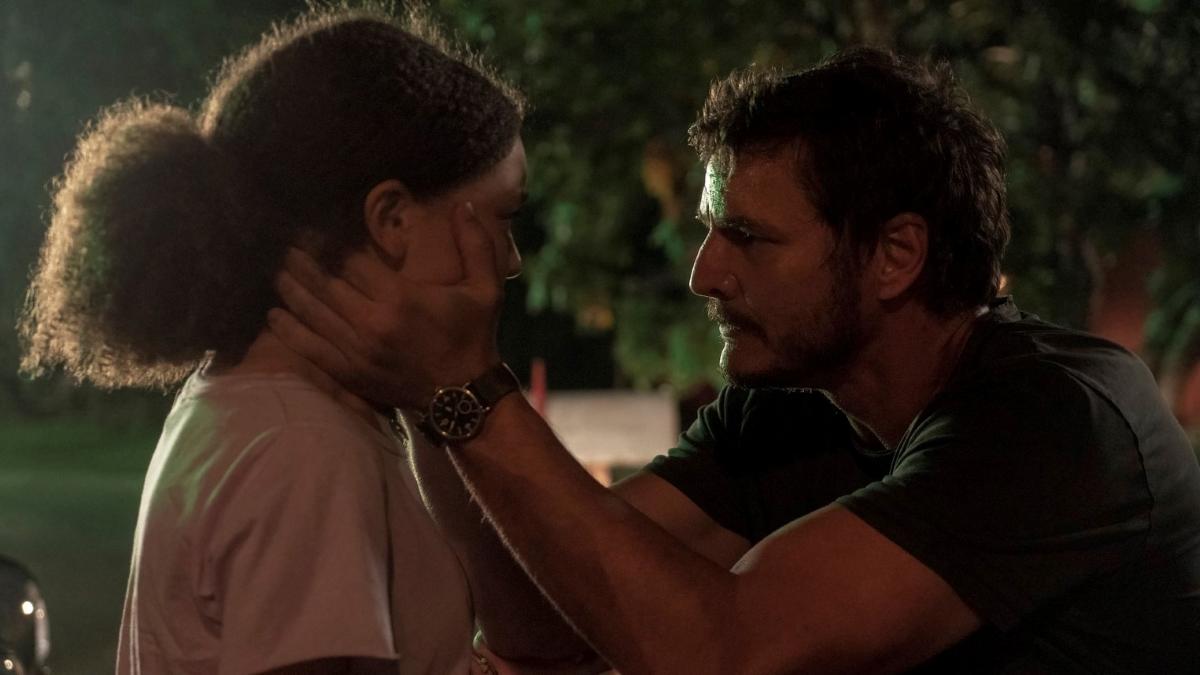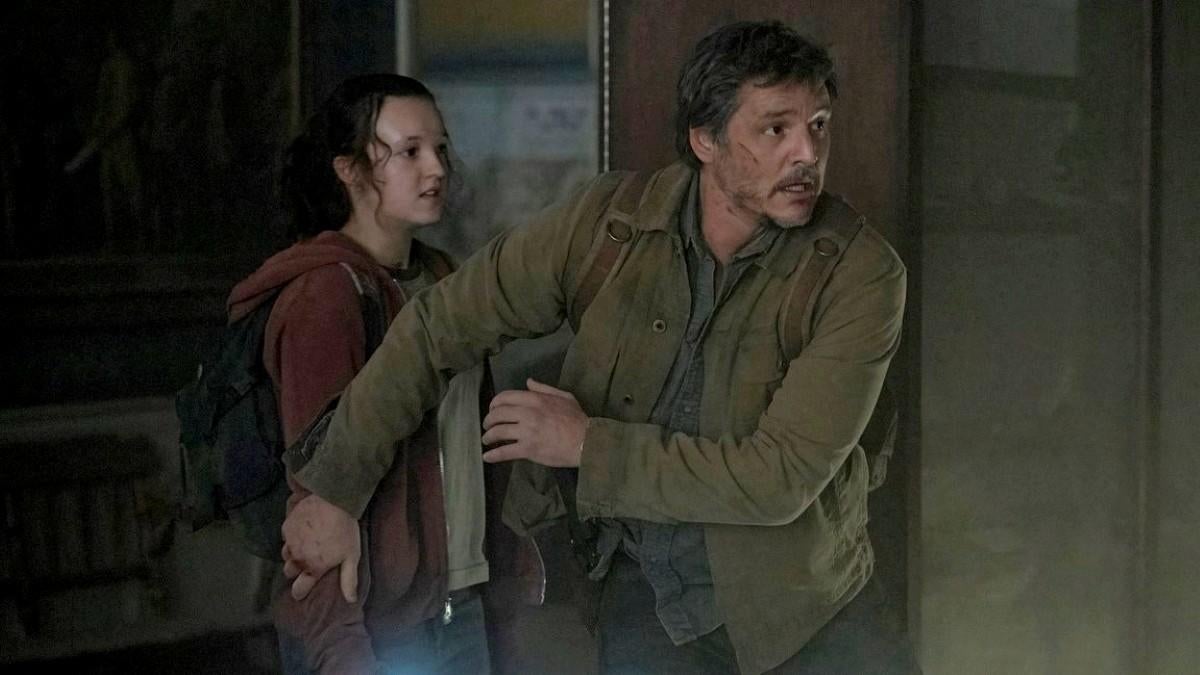The Last of Us Review: Gaming's Most Faithful Adaptation Yet
HBO's The Last of Us is likely the most faithful video game adaptation we've ever seen in TV or film – which is a very good thing that also comes with some notable downsides. Quality-wise, The Last of Us is outstanding. It features great performances from its leads, Pedro Pascal and Bella Ramsey, along with the rest of the members of its expansive cast. And while it's clear that HBO spared no expense to bring this critically acclaimed game to life, I think some of what made The Last of Us special in the first place has been lost through this retelling.
Throughout the course of its nine episodes, HBO's television iteration of The Last of Us adapts the same story found in the 2013 PlayStation game from beginning to end. The narrative itself centers around the main protagonists Joel (Pascal) and Ellie (Ramsey), who are on a cross-country journey to meet up with a group of rebels that hope to reverse the fate of this post-apocalyptic world. Joel, who is initially against going on this mission, is placed in charge of protecting and delivering the young Ellie to this group, as she could be the key to undoing this outbreak. Along the way, the two develop a deeper bond and come into conflict with the monsters – both infected and human – that inhabit the former United States.
For the most part, The Last of Us sticks incredibly close to the story that is found in the game. While there are some slight changes to familiar locations and characters, the HBO series faithfully adapts the same throughline narrative from start to finish. When The Last of Us is at its best, though, is when it opts to briefly shake loose from this mold and further flesh out this world in unique ways.

In some of the earliest episodes of The Last of Us, in particular, the series adds far more context to the Infected that now plague its fallen world. Beyond simply presenting the Infected as former humans that are now out to attack the living, HBO's The Last of Us actually ends up showing the origins of the virus and how it came to be. Not only does the show provide insight in this regard that is never explored in the game, but it also sheds light on a number of other subtle character details and motivations as well.
Although the broad strokes of The Last of Us remain the same, co-writers Craig Mazin and Neil Druckmann find ways to subvert the expectations of even those who have already experienced this tale. None of these changes ever prove to make a drastic impact on the outcome of the story, but they were the moments that I found myself the most captivated by.
When HBO's The Last of Us isn't adding new wrinkles to its characters or world, though, it's sticking so close to the source material that it almost becomes off-putting. Personally, I've played The Last of Us countless times in my life, so it's hard for me to separate my own views on this show from what I've experienced in video game form – your own mileage may vary. With this in mind, seeing so many of the scenes from the game recreated with virtually the same shots, the same lines of dialogue, and the same outcomes felt somewhat hollow to me, at times.
Again, that's not to say The Last of Us is bad, but it just felt like new actors were stepping in to play out identical scenes with very few differences. The performances within these scenes remain largely stellar, but it was a bit hard for me to get pulled in because I almost always knew what would be happening next. With this in mind, I feel like those with fresh eyes who have never seen or heard of The Last of Us are going to get the most out of this show, but my own feelings may prove to be an outlier.

If there is one aspect of The Last of Us that I was thrilled to see left untouched in this HBO adaptation, it would be the music. Gustavo Santaolalla's powerful and resonating score from The Last of Us (and partially from The Last of Us Part II) has been lifted and placed directly into this TV series. Even though part of me wonders what it would have been like to see a completely new or remixed soundtrack recreated for the show, keeping the music largely left in its original form is one decision that I'm quite happy with.
I think where The Last of Us struggles the most is that it feels incredibly condensed at times and doesn't have enough room to breathe. Although the show lasts for the aforementioned nine episodes, many of the characters that run into Joel and Ellie over the course of their adventure come and go quickly. It shouldn't be a surprise that since The Last of Us is set within a highly dangerous world, not every character ends up making it through to the end. And while this is still in line with the game, the original version of The Last of Us found a way to flesh out and make you care for certain characters before they reached their eventual demise. In comparison, the show's most tragic, emotional moments (outside of the big one seen in the pilot) don't carry the same weight, because it feels like we still barely know these characters.
One of the big things about The Last of Us that I must further commend is HBO's overall commitment to quality. All of the show's various sets, the cinematography, and the attention to detail across the board are remarkable. Specifically, I was greatly impressed by the Clickers in this show, as they're more horrifying than ever before. HBO has pumped a lot of money into The Last of Us, and it absolutely comes across during the show's biggest moments.
The Last of Us is to be praised for helping break the video game adaptation "curse" that has permeated for decades, but I also can't say that this TV series does enough to outshine the source material. As such, I imagine that many, like myself, who are incredibly familiar with the game might not find as much enjoyment with this retelling as they would initially expect. For new audiences, however, The Last of Us is very much worth viewing as its story is still gripping, even when told through a new medium.
Rating: 4 out of 5
The Last of Us is set to premiere on HBO and HBO Max later this week on January 15th. Advance screeners of the series were provided by HBO for the purpose of this review.